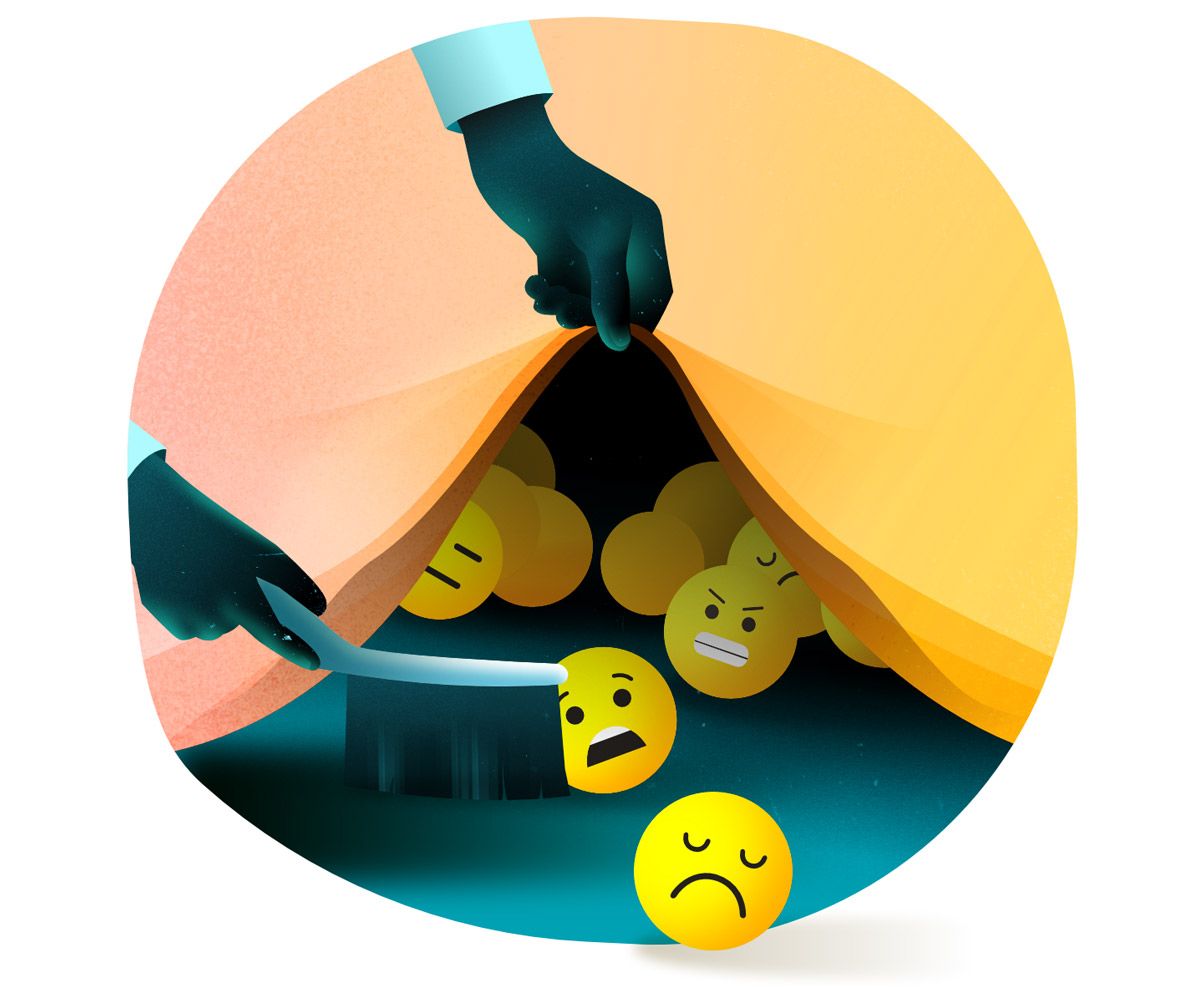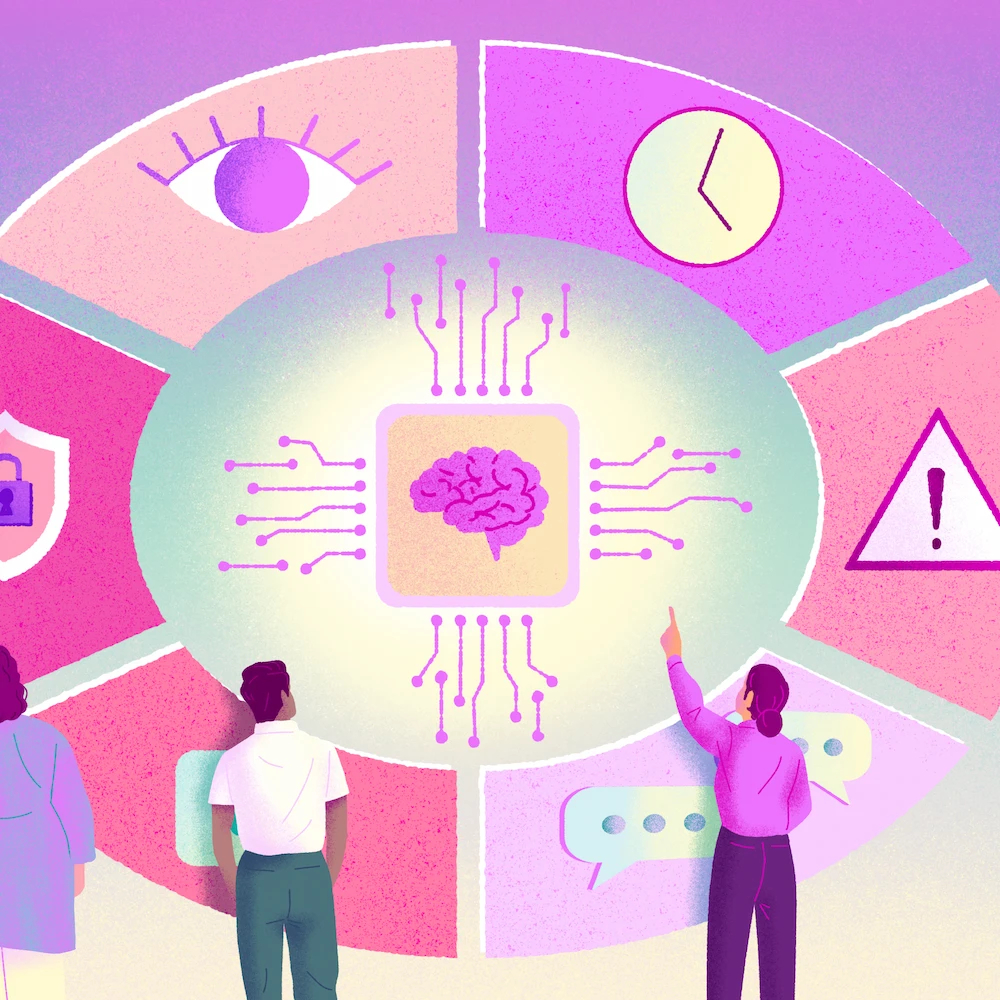“Procrastination” has become a trivialized catch-all word, which might be why the impact of workplace procrastination is so understated.
Procrastinating is defined as putting off until later what could be done right now, be it answering emails, drafting a report or processing time-off requests. Generally speaking, people are more likely to put off tasks they dislike and to do right now what makes them happy or puts them in a good mood.
Did you know about 20% of people could be called “chronic” procrastinators, managers included? For people responsible for managing a team, procrastination can quickly become a problem.
Procrastination’s Adverse Effects
It will come as no surprise that procrastination has many consequences of varying severity, including increased stress, career repercussions, and even lower self-esteem.
When it becomes systematic, procrastination can negatively impact relationships with staff. It is essential to give importance to staff requests and process them promptly. After all, who likes waiting weeks on end to find out if their time-off request has been approved? Put yourself in their shoes.
The Causes of Procrastination
If you believe procrastination to be an innocuous habit of lazy people, think again! It has many causes.
1. Instant Gratification
Fuschia Sirois and Timothy Pychyl, authors of Procrastination, Health, and Well-Being, link procrastination to short-term mood regulation. More precisely, they argue that the tendency to procrastinate stems from a “disconnect from future negative consequences on oneself.” I love their illustration:
Procrastinating is a little like spending on credit; it’s a search for instant gratification, heedless of potential consequences.
2. Procrastination and Emotional Regulation
Pychyl, associate professor and head of the Procrastination Research Group, argues that people who can master their emotions and tolerate frustration are less inclined to procrastinate. What does that mean? The key to not put things off is being able to tolerate the negative emotions that result from less enjoyable or stressful tasks and responsibilities.
According to him, certain personality traits are predisposing factors in themselves, namely impulsivity and lack of personal discipline. His research shows that putting things off constitutes a disengagement from tasks and responsibilities. Also—and this made me laugh as it reminded me of myself and the people around me at times—he points out the self-justification strategy of telling ourselves that things could have been worse. For example, we might put off important administrative tasks and reassure ourselves by thinking that at least we did it… even if at the last minute. Do you recognize yourself here?
3. Procrastination and Acknowledgement
Procrastination can also be associated with a need for acknowledgement, which is a necessity for developing our individual and professional identity. What’s the connection? We tend to choose tasks that will result in immediate or quick acknowledgement over those that will bring no short-term reward.
4. Procrastination and Perfectionism
Low self-esteem often stems from exaggerated perfectionism. That’s because the desire to do things perfectly is in fact a need to prove our personal worth. This tendency has a vicious aspect, as the quest for perfection inevitably comes with a burden. It can be very discouraging to start a report knowing that the bar will be so high that no matter what we do, we’ll never be satisfied. As Pychyl notes:
This pursuit of perfection keeps us from taking action. It can even directly lead to procrastination. Rather than confronting the possibility of failure, people can simply avoid trying, sometimes without realizing it.
Be easier on yourself, just like you’d be with an employee.
5. Procrastination and Anxiety
Doing less interesting or difficult tasks can generate anxiety. Procrastination can become an avoidance strategy that keeps us from feeling this negative emotion. However, it also presents a major, if often unrecognized, risk, which is that the resulting anxiety will be even more intolerable.
Intriguingly, medical tests such as MRIs have shown that chronic procrastinators have a larger-than-average amygdala. Situated in the brain, the amygdala is the centre of emotions and survival instincts.
Faced with an unpleasant task, procrastinators receive a flee signal from their amygdala, just as if they had to run away from a predator.
Beating Procrastination One Step at a Time
Knowing procrastination to be about self-control, we have the means at our disposal to beat it. Here are a few steps you can follow to fight your tendency to put things off.
1. Admit You Tend to Procrastinate
Like with any other problem, be it harmless or serious, the first step is to acknowledge you have one.
2. Identify the Cause
Try to identify the cause of your habit, bearing in mind the possibilities highlighted above. You’ll then be able to work on remedying it effectively.
3. Accept Your Negative Emotions
Accept the discomfort you’ll go through when doing certain tasks that you find stressful or daunting. Between you and me, chances are slim that something you find difficult or unpleasant today will be any less so tomorrow.
4. Identify the Negative Emotion Involved
Take stock of the negative emotion involved in the task(s) you put off, and deliberately choose to set it aside. Decide that you’ll act instead.
5. Proceed little by little
Go step by step, as Professor Timothy Pychyl recommends. If, for example, you hate managing vacation requests, try starting out by evaluating your personnel needs. The next day, you can start processing requests and eventually come up with a schedule that works for everyone.
This strategy serves a twofold objective: it gets you closer to your ultimate goal while giving you the pride of getting something done. No more disappointment and stress for sitting on your hands and dodging your responsibilities.
Introspection: Your Ally Against Procrastination
To sum up, procrastination—be it occasional or chronic—affects the great majority of people. It is, however, perfectly possible to shed this habit. It may take some effort and reflection, but the effort will be well worth it.










